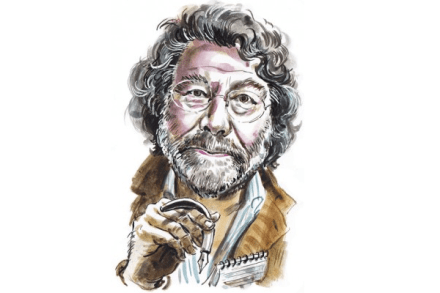To Hell in a handcart — again
Despite the offer of joy proposed in the subtitle, this is a deeply troubling book by one of Britain’s foremost journalists on the politics of nature. Michael McCarthy was the Independent’s environmental editor for 15 years, and his new work is really a summation of a career spent pondering the impacts of humankind on the world’s ecosystems. The case he lays bare with moving clarity in the opening chapters is compelling stuff. Essentially he argues that the world of wild creatures, plants, trees and whole habitats — you name it — is going to Hell in a handcart as a consequence of what he calls ‘the human project’. The cultural




















